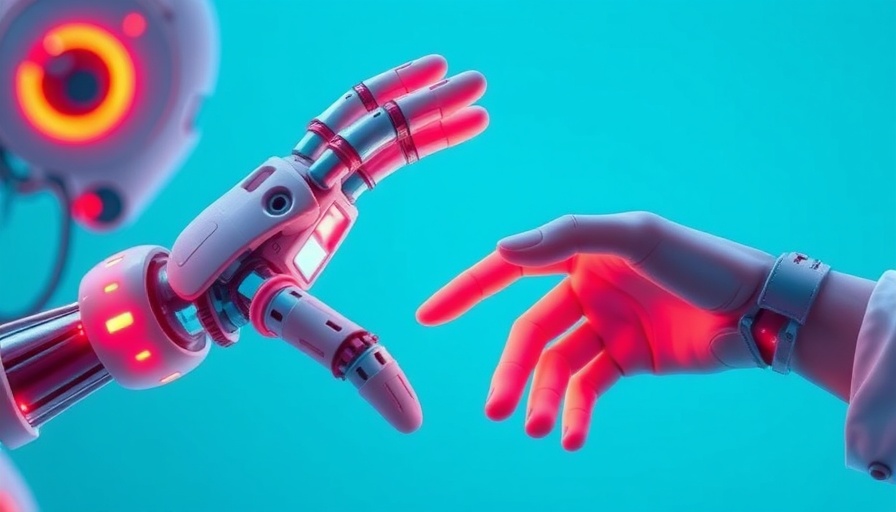
The Limitations of AI: What GPT-5 Can't Accomplish
As we welcome the advanced capabilities of GPT-5, it’s crucial to recognize the boundaries of artificial intelligence. Despite its sophisticated language processing and data analysis abilities, certain fundamental tasks remain beyond its algorithmic reach. Here are five areas where AI still struggles, revealing the distinct capabilities of human intelligence.
1. Genuine Emotional Intelligence
AI can analyze emotional content and recognize sentiments based on data, yet it lacks the genuine emotional intelligence inherent to human beings. The ability to empathize, connect through lived experiences, and intuitively understand complex human emotions is something that algorithms simply cannot replicate. As sociologists emphasize, emotional connection is integral to human relationships, making its absence in AI significant in understanding social dynamics.
2. Creative and Contextual Innovation
While GPT-5 can generate creative content, such as poetry and artwork, true originality that stems from personal experiences, cultural nuances, and deep contextual understanding is something it cannot achieve. AI lacks personal creativity driven by human experiences. Future insights from experts suggest that this limitation keeps humans at the forefront of artistic and cultural production.
3. Moral and Ethical Decision-Making
Decisions involving moral dilemmas require understanding complex ethical frameworks and cultural norms, which AI technology cannot encompass fully. As policy makers debate the role of AI in governance, the inherent limitations of AI in moral reasoning raise questions about its application in critical decision-making processes, particularly in areas like justice and healthcare.
4. Handling of Ambiguities
Humans possess the unique ability to navigate ambiguous situations, interpreting contexts with nuance. AI, on the other hand, operates within strict parameters defined by its programming. The implications of this limitation extend to job markets where human adaptability remains essential — a point that resonates with concerns about AI job automation.
5. Real-World Problem Solving
AI can offer solutions based on patterns and existing data, but when it comes to addressing unprecedented challenges — from climate change to social inequality — its capacity to think innovatively and pragmatically falls short. The fusion of human intuition with AI tools may offer a balanced approach toward tackling these pressing societal issues and highlight the essential role of humans in effective problem-solving.
Conclusion: The Role of Humanity in an AI World
As we embrace AI advancements like GPT-5, it is crucial to remember what technology cannot do. Emphasizing the irreplaceable elements of human intelligence and ethical considerations ensures that technology enhances rather than diminishes our collective cultural and social fabric. The future lies not just in harnessing AI capabilities but in fostering a partnership that preserves human values and creativity. Engaging in these discussions is essential for shaping policies that leverage AI for social good.
 Add Row
Add Row  Add
Add 




Write A Comment